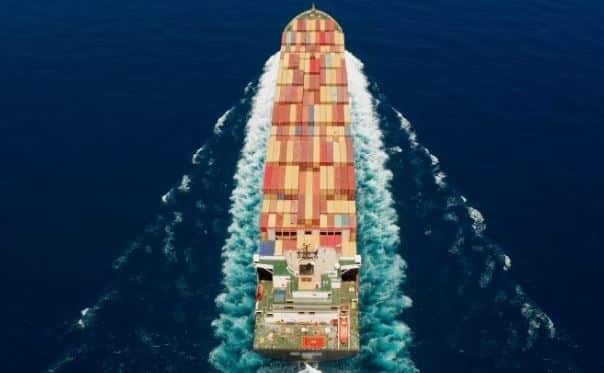BP Expands Investment in Bioenergy

LONDON — Energy giant BP is investing $10 million in U.S.-based biofuels developer WasteFuel to advance its plan to develop a global network of facilities dedicated to converting municipal and agricultural waste into bio-methanol.
The investment will enable Los Angeles, California-based WasteFuel to begin work in earnest on developing its first waste-to-bio-methanol plant in the United Arab Emirates.
Bio-methanol is a biofuel that’s being eyed by a number of entrepreneurs who are looking for ways to decarbonize hard-to-abate business sectors, like the cargo shipping industry.
Globally, solid waste production totals about 2 billion metric tons annually and is expected to increase to 3.4 billion metric tons by 2050.
“WasteFuel projects will look to help with the growing volumes of global waste, while advancing the development of lower carbon solutions for hard-to-abate sectors,” said Gareth Burns, vice president of BP ventures, in a written statement.
“Achieving decarbonization in shipping will require a step-change, and biofuels have a key role to play in helping the industry to decarbonize,” Burns said, adding, “We look forward to working together on WasteFuel’s next stage of growth and market development.”
Meanwhile, Trevor Neilson, co-founder, chairman and CEO of WasteFuel, called BP’s investment “a significant milestone” for his company.
“It will help scale the production of bio-methanol to decarbonize the shipping sector. As companies who are reliant on shipping work to reduce their greenhouse gas emissions, it is essential that we dramatically expand the availability of these fuels.”
WasteFuel’s deployment of anaerobic digestion and methanol production technologies will convert municipal and agricultural waste into viable lower-emission alternatives to traditional fuels, like bio-methanol.
Maritime transport represents around 90% of trade worldwide, while producing 3% of global greenhouse gas emissions.
In the effort to reach net zero, some of the biggest companies in the shipping industry are converting to methanol-ready ships. BP is working to establish supplies of lower carbon alternative fuels for the shipping sector and will look to use its trading expertise to bring WasteFuel’s bio-methanol to market.
WasteFuel plans to develop multiple bio-methanol plants around the world in collaboration with local strategic partners including waste companies.
Bioenergy is one of BP’s five transition growth engines, in which the company plans to invest heavily through this decade. The transition growth engines — which also include convenience, electric vehicle charging, hydrogen, renewables and power — will help drive BP’s transition to an integrated energy company and delivery of the company’s net-zero ambition.
Dan can be reached at [email protected] and at https://twitter.com/DanMcCue

























